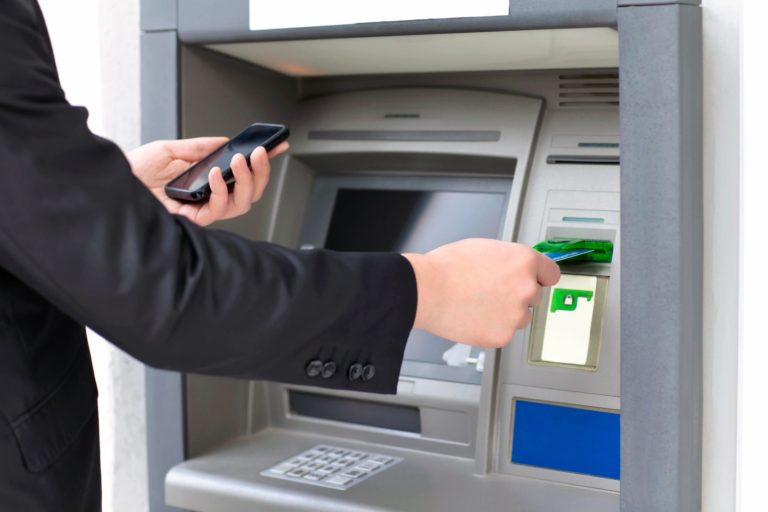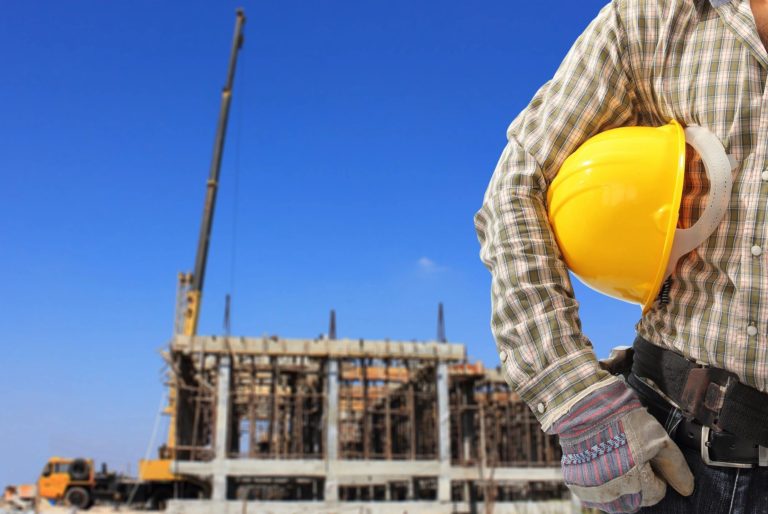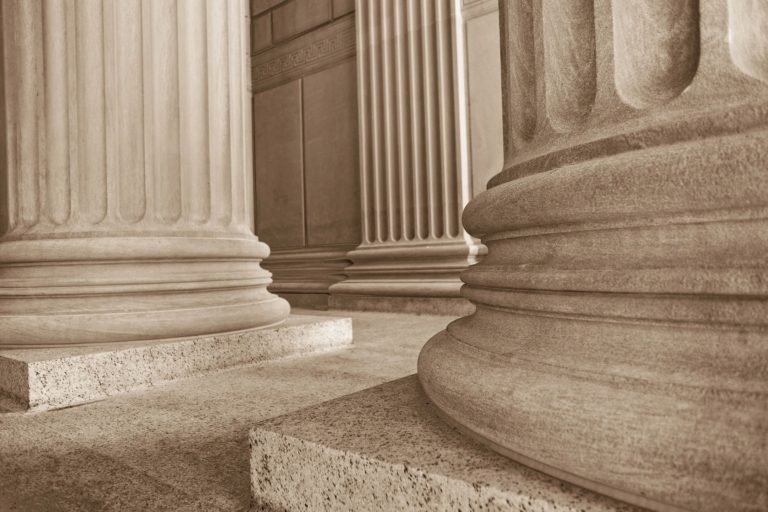Formerly incarcerated individuals often deal with a long-term negative impact on their finances once released from prison.
There are 2.2 million people currently incarcerated in U.S. prisons and jails, and between 70 and 100 million people have a criminal record.
The criminal justice system unfairly impacts low-income individuals, then in addition people with records face significant barriers to finding jobs, housing, education and access to public assistance. Making matters more complicated, people with records often owe fines, fees and bail payments that create major debt.
One study cited states “formerly incarcerated men face criminal debts that equal 36% to 60% of their annual incomes.”
This has a ripple effect on a chance at a fair living. For example, 15 states with the highest prison populations found that eight of those states suspended driving privileges for former prisoners who missed a debt payment. Getting to work is hard with no reliable transportation.
People with records who spent time in prison are often backed up on child support payments too. Many states don’t suspend child support obligations while individuals are incarcerated.
There are also court costs, various fees and fines these individuals end up owing.
One group called Prosperity Now is working to achieve financial security for formerly incarcerated people. They
are fighting for transitional housing, workforce development, substance abuse treatment, “family strengthening and other services dedicated to individuals with prior criminal justice contact.”
The group is also looking to how organizations can develop programs to address the financial needs of formerly incarcerated persons. Nearly every person who spends time in prison or jail will return home at some point, and policy makers and advocates need to do more to make sure that these millions of individuals can reenter society without debt.










